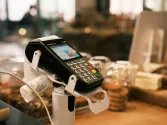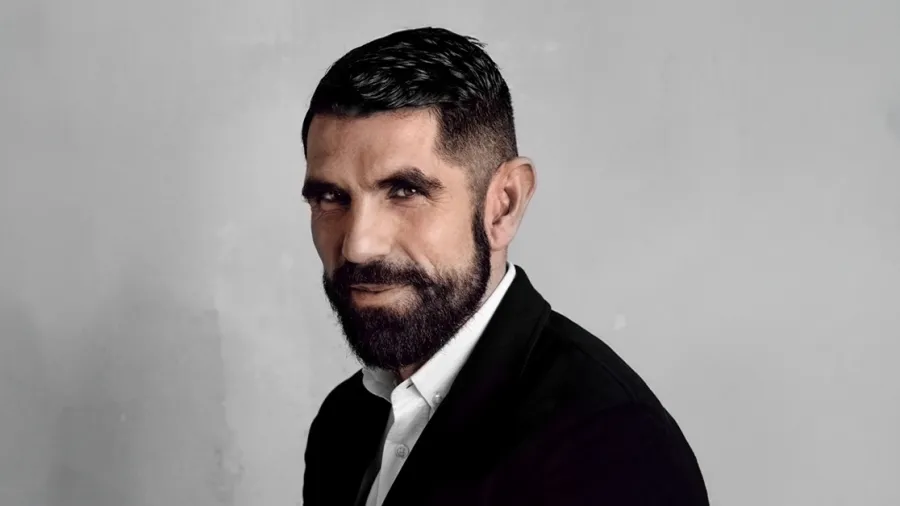
Garnier targets esports to expand men’s skincare footprint in Asia
Gen Zers and Millennials are embracing self-care routines once seen as feminine.
Garnier, L’Oréal’s mass-market cosmetics and personal care brand, is turning to the fast-growing esports industry to accelerate its expansion in the men’s skincare market across Asia, aiming to connect with a digitally native, male-dominated audience.
Adrien Koskas, general manager of the consumer products division for South Asia Pacific, Middle East, and North Africa at L’Oréal, said they seek to engage men where they already are—online and immersed in gaming culture.
“Gaming is huge in Asia—there are 1.5 billion mobile gamers, and 60% of them are men, so we're talking about 1 billion male gamers,” he told Retail Asia in a Zoom interview.
The men’s skincare category in Asia is evolving quickly, driven by Gen Z and Millennial consumers who are spending more and adopting self-care routines once seen as feminine.
Nearly 30% of Gen Z and millennial men in Asia now report high or very high spending on skincare, said Ahmad Khan, senior analyst at GlobalData. He added that concerns around aging and appearance are motivating this shift, with 13% of men reporting they are “extremely concerned” about looking and feeling old—both in 2023 and in projections for 2025.
“There is a notable concern regarding ingredient transparency, with many young men expressing a desire for products that are free from harmful chemicals and aligned with ethical standards,” he said in an emailed reply to questions.
Koskas noted that today’s male consumers, especially gamers, are image-conscious and digitally fluent. “They want to look their best, although sometimes they're hidden in a room, but when they show up after, they want to have their perfect skin,” he said.
The global men’s skincare market is projected to grow from $17.36b in 2024 to $27.99b by 2031, according to data from ResearchAndMarkets.com.
Khan said the impact of gaming on grooming product awareness is nuanced. Whilst concrete links between gaming and direct sales are limited, he said gamers' focus on identity and lifestyle makes grooming a natural fit.
Koskas said moisturisers and sunscreens are the fastest-growing segments in men’s skincare, as urban consumers deal with UV exposure, heat, and pollution. Garnier has responded by expanding its product line with offerings like Garnier Bright Complete Serum Cleanser and Super UV Cooling Watergel Vitamin C Sunscreen SPF 50+ PA++++ .
The brand also launched its Garnier Game Face campaign to draw connections between peak gaming performance and skincare routines.
“The gaming festival is huge in terms of audience,” said Koskas. “It’s a sport that is bringing you into the digital world, it brings you a new level of technology, modernity, and virtuality that is very interesting in terms of branding.”
Khan said the esports sector is still evolving and faces issues such as audience diversification and the need to demonstrate return on investment.
Koskas, who oversees a region spanning Australia to North Africa—including India and Southeast Asia—said more men are becoming proactive about skincare. “The main beauty ideal is evolving—especially in this region, where it was once more binary—and we’re now seeing diverse archetypes of masculinity and male beauty emerge.”
Social commerce and e-commerce are the biggest drivers of growth in the region, according to Khan. “The proliferation of self-care content on platforms like Instagram and TikTok has made grooming routines more visible and accessible.”
He said TikTok Shop alone posted $16.3b in sales in 2023. Mobile shopping is also rising fast, whilst livestream and video-based shopping are growing, though still smaller in volume.
Both Garnier and L’Oréal are working with influencers who have a genuine connection to the brand.
Koskas said L’Oréal’s internal priorities reflect its broader commitment to male beauty. “The last theme of our Brandstorm Competition was about male grooming. It really shows that crafting beauty for men and reshaping the category for men is something that is super strategic for us.”




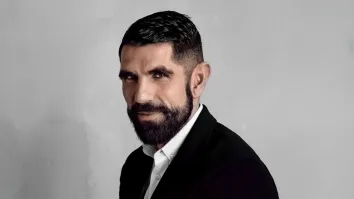
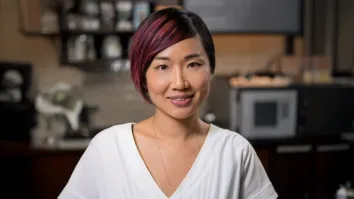






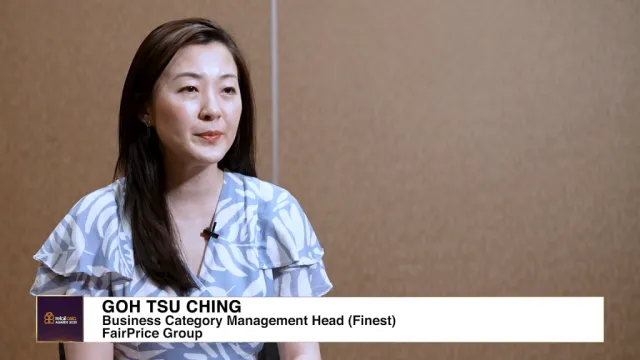
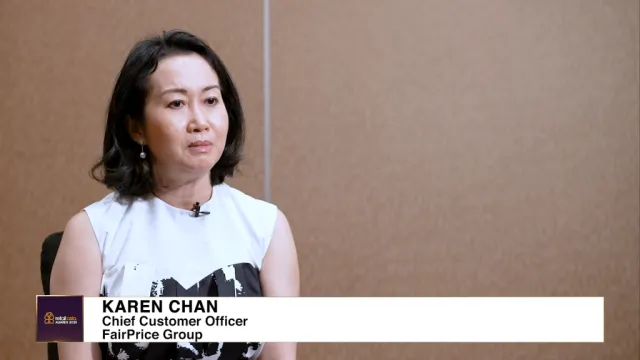
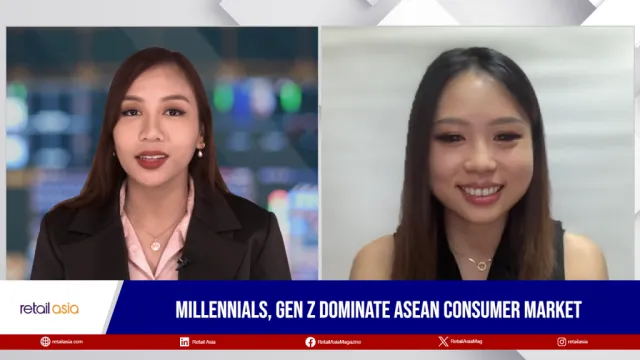
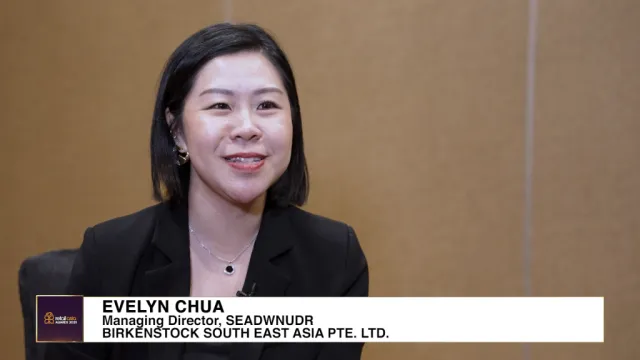

 Advertise
Advertise
